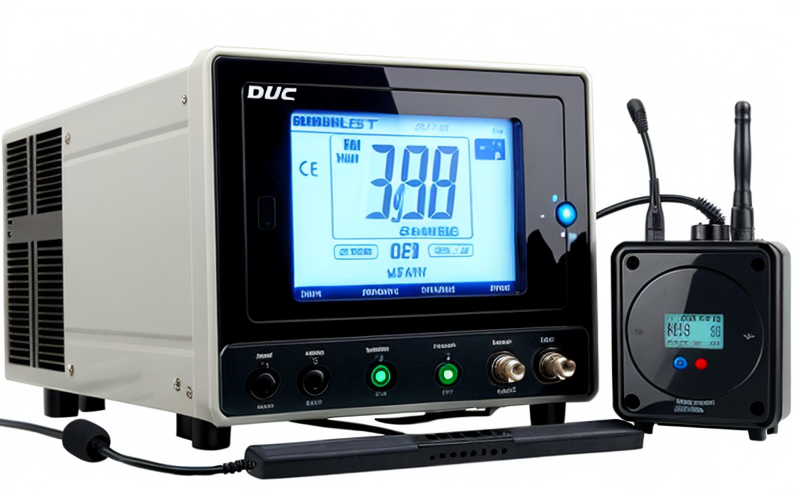FCC Part 24 Personal Communications Service RF Testing
The FCC Part 24 Personal Communications Service (PCS) RF testing is a critical component of ensuring that wireless devices meet the stringent standards set by the Federal Communications Commission. This service ensures that devices comply with the technical and regulatory requirements for PCS, which includes voice and data services over radio frequencies. Compliance with these regulations is essential to prevent interference between different wireless devices and to protect public safety.
Compliance testing involves a series of rigorous tests conducted on devices to ensure they meet the necessary standards before they are allowed to be marketed or sold in the United States. The FCC Part 24 standard sets forth specific requirements for emissions, interference, and performance characteristics that must be met by wireless devices operating within this service.
The testing process typically involves several stages, each designed to evaluate a different aspect of the device's functionality. These tests are conducted in controlled environments using specialized equipment such as anechoic chambers, signal generators, and spectrum analyzers. The results from these tests are then analyzed to ensure that the device meets all relevant standards.
For devices operating within the PCS band, it is crucial to adhere strictly to FCC Part 24 specifications to avoid potential interference with other wireless services. This ensures a stable and efficient communication network. The testing process is not only about ensuring compliance but also about enhancing the overall quality of service provided by these devices.
| Parameter | Description |
|---|---|
| Emission Limits | Maximum allowable RF power output to prevent interference with other devices. |
| Interference Limits | Thresholds for permissible electromagnetic interference generated by the device. |
| Receiver Sensitivity | The minimum signal strength required to achieve satisfactory performance. |
Why It Matters
FCC Part 24 testing is vital for several reasons. Firstly, it ensures that devices operate safely and efficiently within the allocated frequency bands. Secondly, compliance with these standards helps to prevent harmful interference between different wireless services, which can lead to service disruptions or safety hazards. Thirdly, it guarantees that all devices meet the same stringent technical requirements, ensuring a level playing field for manufacturers.
From an industry perspective, FCC Part 24 testing is crucial as it helps in maintaining high-quality standards and promoting innovation. By adhering to these regulations, companies can ensure their products are reliable and secure, which ultimately enhances consumer trust and satisfaction.
- Ensures safe operation within allocated frequency bands.
- Prevents harmful interference between different wireless services.
- Maintains high-quality standards for all devices in the market.
Industry Applications
FCC Part 24 testing is particularly important in sectors such as telecommunications, consumer electronics, and healthcare. In these industries, wireless communication plays a critical role, and ensuring compliance with FCC standards is paramount for maintaining reliable service.
- Telecommunications: Ensures interoperability between different networks and devices.
- Consumer Electronics: Guarantees the safety and performance of consumer devices.
- Healthcare: Supports the development of medical devices that rely on wireless communication for patient monitoring and treatment.
Why Choose This Test
Selecting a reputable laboratory for FCC Part 24 testing is essential to ensure accurate and reliable results. Our laboratory offers comprehensive testing services, equipped with state-of-the-art facilities and experienced professionals who understand the intricacies of this standard.
We provide detailed reports that outline the test procedures and results, ensuring transparency and traceability throughout the process. Our team works closely with clients to ensure that all necessary tests are conducted efficiently and effectively. This approach not only helps in meeting regulatory requirements but also enhances product quality and reliability.
Our commitment to excellence is reflected in our adherence to international standards such as ISO/IEC 17025, which guarantees the highest level of accuracy and precision in our testing processes.





